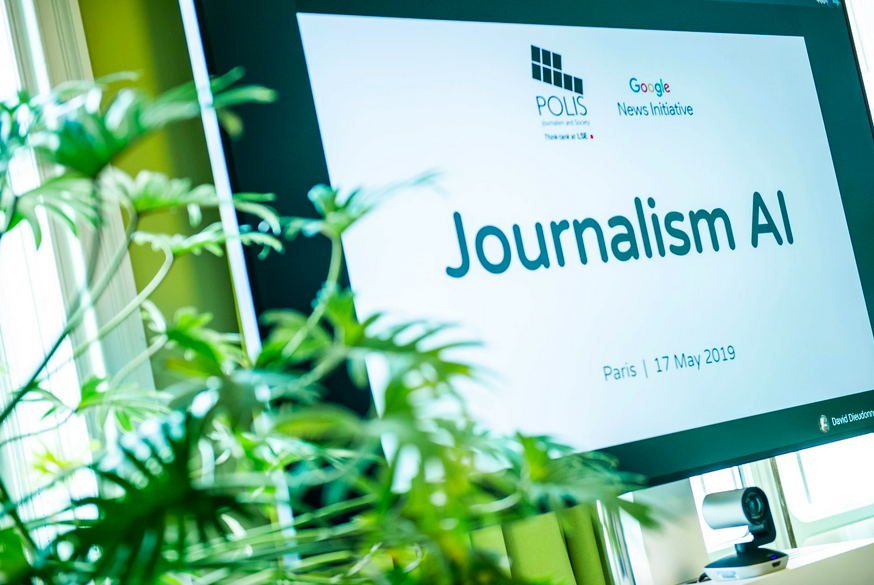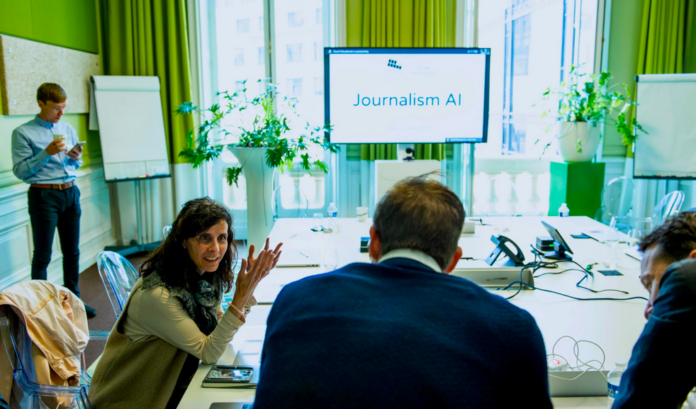By Winnie Kamau
Nairobi, Kenya: In a recently released report dubbed Generating Change: The Journalism AI Survey has unraveled the use of Artificial Intelligence in the Newsrooms globally through Generative AI Tools.
The report is based on a survey of 105 news and media organizations from 46 different countries regarding AI and associated technologies. In their conclusion remarks looks at what AI means in Journalism.
What Does AI Mean for Journalism?
There is a caveat that this is all a reaction to a moving story. ‘Amara’s law,’ the adage coined by American scientist and futurologist Roy Amara, applies here: “we overestimate the impact of technology in the short-term and underestimate the effect in the long run.”
Some new technologies take time. The first newspaper went online in 1980, but it took another 17 years before BBC Online went live. OpenAI only released ChatGPT in late November 2022 but by January 2023 they were claiming one million users.
Things are moving fast and some things might get broken. Working practices will not be the same and some jobs will be replaced. New ones will be created with different skills and responsibilities.
Many journalists who have experimented with genAI can see how it can make their work much more efficient and add new dimensions to what they offer to the public.
As this report has shown, this is a volatile technology for news organizations. Most are aware of the inherent risks in AI technologies generally and the dangers of bias or inaccuracy. They are discovering that applying AI in news production has immediate possibilities, but how it will shape future practice is uncertain.

It is important to understand the wider context. There are major issues around regulation, intellectual property and commercial competition. There are big societal concerns related to AI around misinformation, discrimination and bias as well as the dangers of media capture by corporations or even governments. We should not lose sight of the bigger picture that goes way beyond the news sector.
However, as journalists who report on the world, we should be much more aware of our role in critically reporting on how AI is changing our lives, in an informed and independent way. Our survey suggests that there is an awareness of this, albeit most people are putting most of their energy into understanding and working through the immediate practical challenges.
Whether this is a brave new world or not depends to a large degree on humans making policy and ethical choices within news organizations. If we want to make bland, automated clickbait then this technology makes that a lot easier. But it also offers the opportunity for ‘good’ journalists to do more ‘human’ work with the support of AI.
In a world of machine-created information, much of it unreliable, responsible, public service journalism is in a great position to prove its value. AI also offers ways for journalism to reinvent itself in imaginative ways. GenAI has also however created the threat of ‘disintermediation’ for the news media.
Why should people go to a news organization for information if they can just prompt a chatbot? This survey suggests that many newsrooms are now working hard to answer that question in a way that affirms the utility and importance of journalism as part of our social, economic and political lives. We look forward to working with them on that journey.
“Our news media world has been turned upside down again. As always, serious technological change produces both dystopia and utopian hype. Much of this has been generated on social media by corporate PR and politicians. News coverage and expert commentary has also veered from excited coverage of positive breakthroughs in fields such as medicine to much more frightening visions of negative forces unleashed: Generative AI (genAI) is producing a tidal wave of automated, undetectable disinformation; it will amplify discrimination, extreme speech and inequalities.” Professor Charlie Beckett, Director Polis, LSE, leader of the LSE’s JournalismAI Project.
Challenges in Accessing GenAI Tools
From the report indicates some of the challenges in accessing these AI tools in the African continent. It is hoped that genAI technologies, which our respondents described as more accessible than traditional AI technologies, will help bridge the regional disparities in AI adoption. Cautious optimism is advised.
If we look at ChatGPT for instance, the most famous publicly accessible genAI tool, we find that it is not available for a large proportion of the world’s population for various reasons.
OpenAI does not support the access of ChatGPT in Russia, Venezuela, Zimbabwe, Cuba, most likely due to US sanctions, or in China. Egypt has reportedly banned ChatGPT for privacy concerns. Most of these countries are among the most populous in the world.
Tools like Chat GPT are not available in Zimbabwe unless you use VPN and you need to have a foreign number to get the code.
There are limitations for our country in some platforms (i.e. ChatGPT doesn’t work in Egypt) and most of the tools don’t natively support Arabic.














